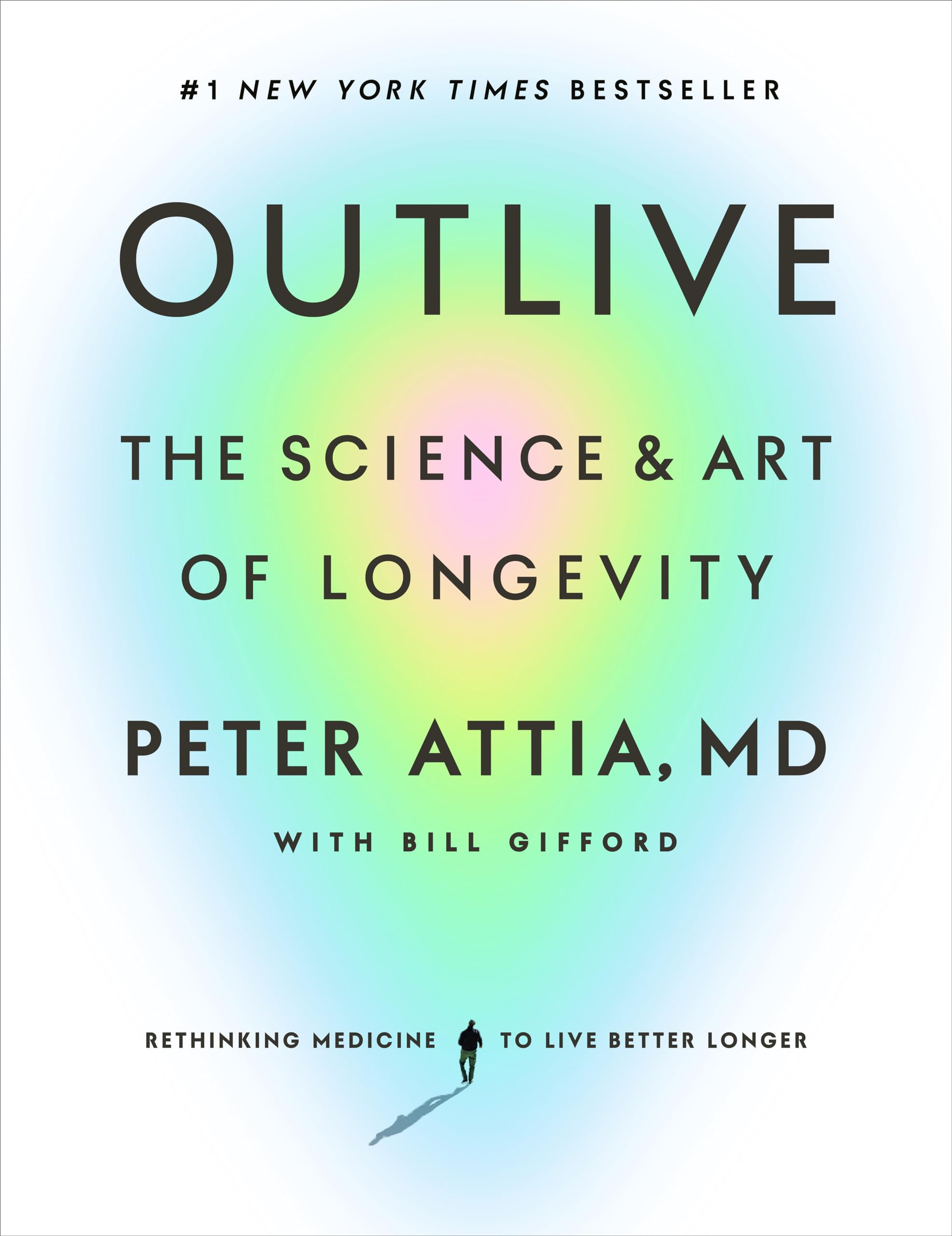Chapter 11: Exercise: The Most Powerful Longevity Drug
byChapter 11 of “Exercise: The Most Powerful Longevity Drug” begins with a conversation between the author and his friend, John Griffin, who is seeking advice about whether cardio or weight training should take priority in his fitness regimen. This question highlights a frequent dilemma faced by many individuals when navigating the world of exercise, as there is an overwhelming amount of contradictory advice from “experts” that can create confusion. The author uses this scenario to criticize the tendency to oversimplify fitness choices, suggesting that many people wrongly view exercise as an “either/or” decision, when in fact, both cardio and strength training are essential components of a comprehensive fitness strategy that promotes longevity.
The chapter goes on to emphasize the undeniable benefits that exercise has on extending life expectancy and improving overall health. Scientific research has long supported the idea that physical activity, even in small doses, can drastically reduce the risk of early death and delay the onset of chronic illnesses. The author calls out the widespread reliance on pharmaceutical solutions for health issues and advocates for a more natural approach—one that combines regular cardio and strength training to tackle a wide range of health concerns. This perspective reflects a deeper understanding of the body’s needs, moving beyond the allure of quick fixes and focusing instead on long-term health strategies.
The author also critiques the medical community’s approach to exercise, specifically the generalized advice often provided by health professionals. While doctors typically offer precise guidance on medical treatments and medications, they tend to offer only broad, unspecific recommendations when it comes to exercise. In contrast, the author introduces the idea of the Centenarian Decathlon—a symbolic concept that stresses the importance of a versatile fitness regimen designed to prepare the body for a variety of physical challenges that arise as one ages. The Decathlon represents not just an exercise routine, but a mindset shift, encouraging individuals to train with the goal of remaining physically capable throughout their lives, maintaining independence, and ensuring vitality into old age.
The Centenarian Decathlon is not a competition, but rather a goal-setting framework that pushes individuals to focus on developing a well-rounded level of fitness that includes strength, flexibility, balance, and endurance. The idea is to move away from narrowly defined fitness goals, such as appearance or performance, and instead embrace a more holistic approach that prioritizes longevity and functionality. The author uses this metaphor to inspire readers to rethink their approach to exercise—shifting from short-term fixes to long-term health ambitions. By training for a variety of physical demands, individuals can continue to lead active, vibrant lives well into their later years, free from the limitations that often come with aging.
This approach also underlines a crucial point: fitness should be viewed as a lifelong investment. As the author points out, people often start exercising with short-term goals in mind—such as losing weight or building muscle—yet fail to consider the bigger picture: preparing the body to stay strong, mobile, and capable well into the golden years. Emphasizing the importance of a multi-faceted fitness plan, the chapter reinforces the idea that a balanced workout routine, which incorporates both aerobic and strength training exercises, is critical for maintaining health and vitality over time.
Through the lens of the Centenarian Decathlon, the author advocates for a long-term vision of fitness that prioritizes overall well-being and the ability to thrive as one ages. The underlying message of the chapter is clear: exercise is not just about looking good or feeling better in the moment. Instead, it’s about preparing the body to meet the physical challenges of later life with energy, independence, and resilience. The author encourages readers to adopt this comprehensive fitness philosophy, not just for the immediate benefits, but for the lasting rewards that will ensure a healthier, more fulfilling life in their later years.


